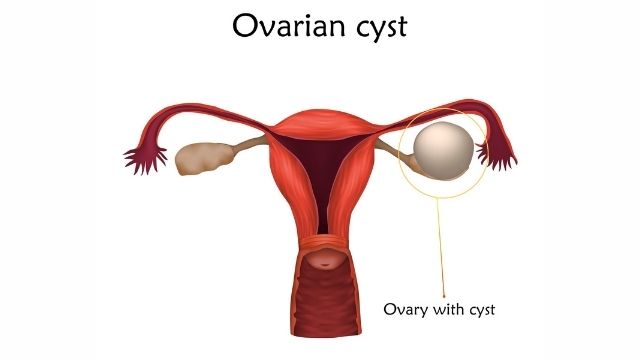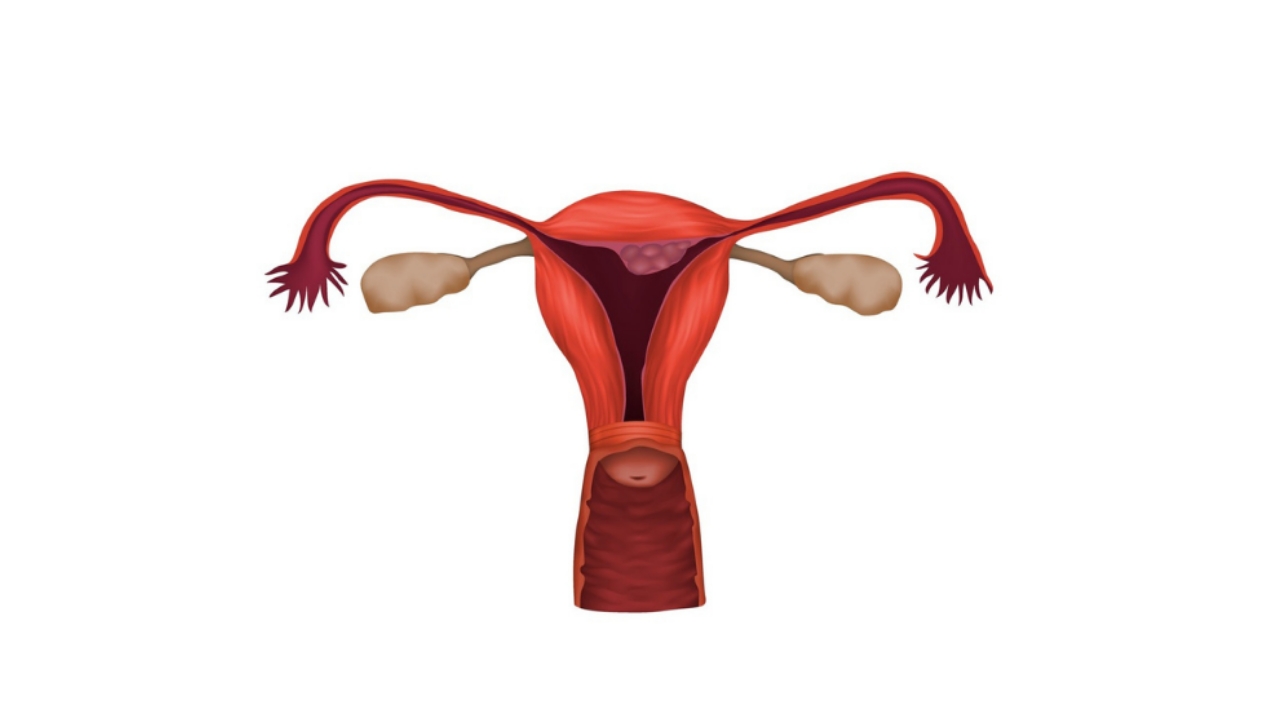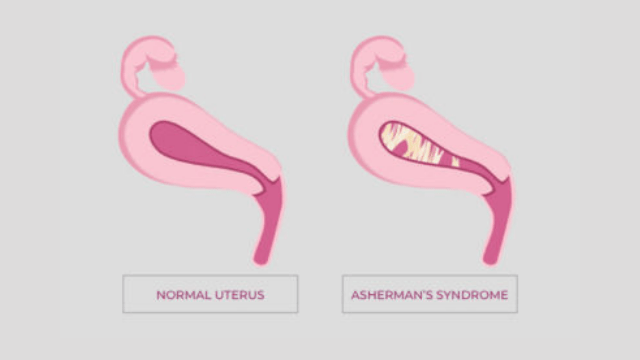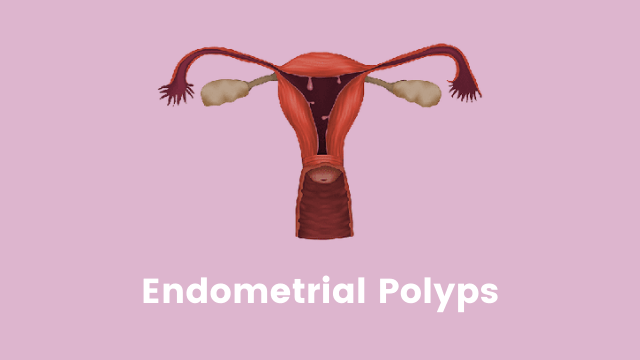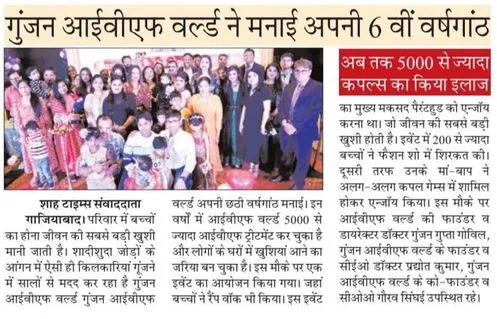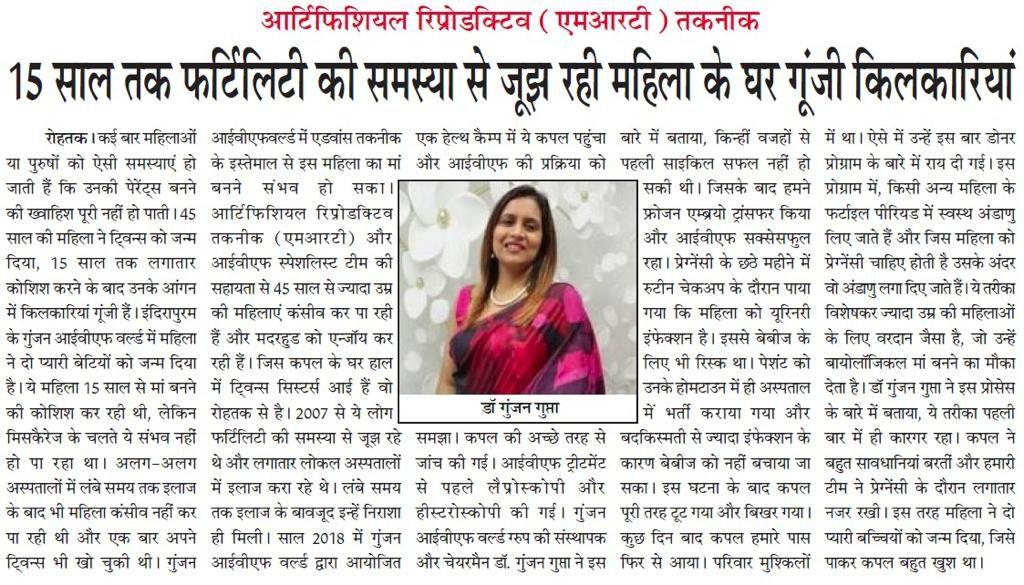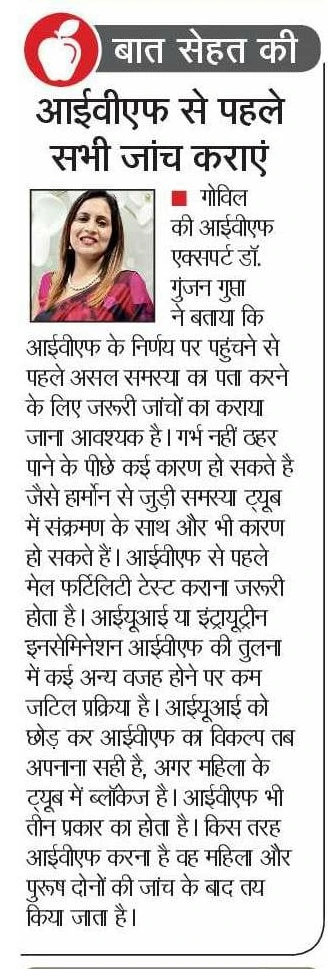Fertility Enhancing Surgeries
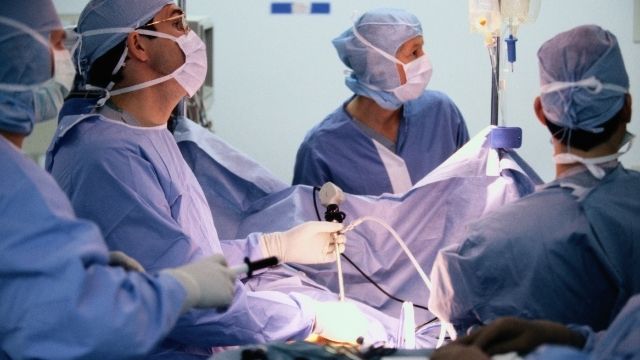
Overview
We can treat and correct a lot of infertility complications with the help of advancements in medical science. Infertility complications like endometriosis, PCOD, blocked fallopian tubes, fibroids, dermoid, etc, affect the ability of a woman to conceive naturally.
These infertility complications disturb the normal function of the women’s reproductive system and affect the chances of getting pregnant naturally.
To treat these complications, there are two types of fertility-enhancing surgeries that treat and correct the particular problem and helps in enhancing fertility in women.
Everything You Need to Know About Fertility Enhancing Surgeries
Fertility Enhancing Surgeries | Types of Fertility Enhancing Surgeries | Laparoscopy and Hysteroscopy
What are Fertility Enhancing Surgeries?
Fertility Enhancing surgeries are surgeries that help to enhance or restore fertility in women with infertility complications. Many infertility complications like fibroids, endometriosis, dermoid, adhesions, PCOD, etc affect the fertility in a woman.
With the help of these surgeries and procedures, we can correct such infertility issues in women. Expert gynecology surgeons treat and manage such conditions by choosing the right surgery based on the patient’s issue and overall health.
Sub Treatments For Fertility Enhancing Surgeries
We are one of the Best IVF Clinic in Delhi NCR!
51.8K
Subscribers
4.6 (383 reviews)
4.5 (409 reviews)
3.5 (254 reviews)

5 Out Of 5
Types of Fertility Enhancing Surgeries
There are major two types of fertility-enhancing surgeries:
1. Laparoscopy
Laparoscopy is an advanced surgical procedure that is used to diagnose and correct various complications. It helps diagnose different infertility complications and treating some of them.
It is a minimally invasive procedure that uses the insertion of a thin tube through a small incision made on the abdomen. This thin tube is called a laparoscope that has a light and a camera at the top.
Soon, the surgeon has a clear view of any abnormal changes inside the body. Sometimes, a tissue sample is also collected to send for a biopsy.
2. Hysteroscopy
A Hysteroscopy is a diagnostic and therapeutic procedure to examine the shape of the uterine lining and cavity. In this procedure, we use a viewing tool with a light and a camera on the top.
It is called a hysteroscope through which we can see the uterine lining on the video screen. During this procedure, the tip of the hysteroscope is inserted into the vagina and moved to the uterus through the cervix.
Once the hysteroscope reaches the uterus, a surgeon can look for possible abnormal changes in and around the uterus on the video screen. This way some of the infertility complications as uterine adhesions, polyps or growths can be diagnosed and treated with a Hysteroscopy procedure.
Treatments through a Laparoscopy and a Hysteroscopy
Through Laparoscopy and Hysteroscopy, surgeons can diagnose and treat various infertility problems like:
Ovarian Cysts
Ovarian cysts are fluid-filled( blood or clear fluid) sacs in the ovaries. Sometimes these cysts do not prevent pregnancy, but it makes it harder for a woman to conceive.
We do laparoscopy surgery to remove most ovarian cysts and enhance fertility. The cysts are removed by making tiny cuts on the skin and reaching the ovaries with a telescope or laparoscope.
The cysts are removed while simultaneously watching on the screen. Once the cysts are removed, the cuts are closed with the help of stitches.
Adhesions
Adhesions are bands of scar tissues that results in abnormal joints between organs or parts of the organs. These adhesions can affect fertility by causing blockage of the fallopian tube preventing the fusion of egg and sperm, disturbing ovulation, and making an inhospitable uterus for an embryo.
Laparoscopic surgery can be used to remove adhesions from the body by making a small cut and removing them. It includes fewer incisions, same-day discharge, a quick recovery period and less risk of new adhesion formation.
Fibroids
Fibroids are abnormal non-cancerous growths that develop in a woman’s uterus. They affect fertility and causes difficulties in getting pregnant. To restore fertility in women with fibroids, it is crucial to remove fibroids especially if they are distorting the uterine cavity.
The removal of fibroids can be done either by Laparoscopy or a Hysteroscopic Myomectomy procedure. In this procedure, a surgeon carefully removes the fibroids without disturbing healthy tissues. Once the fibroids are removed, a patient can plan a pregnancy.
PCOS
Just like an ovarian cyst, PCOS that stands for polycystic ovary syndrome, is a condition that indicates the presence of multiple small cysts in the ovaries. These cysts can affect the fertility in women and make it hard for them to conceive naturally.
To treat PCOS, a procedure called Laparoscopic ovarian drilling is used. During this procedure, a small incision is made, and a laparoscope is inserted to examine the ovaries. Small holes, usually not more than four, are drilled in both the ovaries with PCOS.
Blocked Fallopian Tubes
The major part of a pregnancy is a fusion of an egg and a sperm that takes place in a fallopian tube. Various conditions cause damage in the fallopian tubes and result in a blockage.
This blockage prevents fusion and prevents pregnancy. If fallopian tubes are blocked by a small amount of scar tissue or adhesion, then the surgeon can treat them with laparoscopy surgery by removing blockage and opening tubes.
These are some major fertility problems that women face in their child-bearing age. At Gunjan IVF world, we provide all the fertility-enhancing surgeries to increase your pregnancy chances.
Book an appointment today and discuss your issues with our expert team of doctors.
Patient Testimonials
It’s always the word of mouth that’s the best advice
Published On: 3 Dec 2018
London to Gunjan IVF: Mrs. Pragya's journey of parenthood |Treated for pregnancy care | Gunjan IVF
Published On: 7 Oct 2018
We are pregnant!! | Pregnancy after Fibroid Removal Treatment (Myomectomy)| Gunjan IVF World

Erica Benn
It was such a nice experience with Dr. Gunjan and how she tackle our case. I must recommend this clinic as one of the best IVF clinic in Delhi-NCR. Thanks to Dr. Gunjan to give me my motherhood.

Nitesh Kumar Thakur
Gunjan IVF World in Indirapuram, Ghaziabad is the best hospital for surrogacy and ivf services in Delhi-NCR. Dr. Gunjan Gupta is founder and director of Gunjan IVF World. Gunjan IVF is the best ivf center in Indirapuram , Ghaziabad. Treatments at affordable prices.

Akansh Garg
Dr gunjan gupta is one of best gyne in delhi ncr especially in ghaziabad she explains each n everything very clearly to avoid any confusion. staff is very supportive n helpful.

Manisha Pathak
Went for treatment at various places in Delhi since 2012. Then came to know about Gunjan IVF. Started treatment in October 2020. The treatment is going on and we are quite hopeful. Gunjan ma'am is a very good doctor who treated me well and the staff are also very good and helpful.

Erica Benn
It was such a nice experience with Dr. Gunjan and how she tackle our case. I must recommend this clinic as one of the best IVF clinic in Delhi-NCR. Thanks to Dr. Gunjan to give me my motherhood.

Nitesh Kumar Thakur
Gunjan IVF World in Indirapuram, Ghaziabad is the best hospital for surrogacy and ivf services in Delhi-NCR. Dr. Gunjan Gupta is founder and director of Gunjan IVF World. Gunjan IVF is the best ivf center in Indirapuram , Ghaziabad. Treatments at affordable prices.

Akansh Garg
Dr gunjan gupta is one of best gyne in delhi ncr especially in ghaziabad she explains each n everything very clearly to avoid any confusion. staff is very supportive n helpful.

Manisha Pathak
Went for treatment at various places in Delhi since 2012. Then came to know about Gunjan IVF. Started treatment in October 2020. The treatment is going on and we are quite hopeful. Gunjan ma'am is a very good doctor who treated me well and the staff are also very good and helpful.
Our Expert Team
Dr. Gunjan Gupta Govil
Founder & Director
Founder, Director & Gynaecologist with specialization in IVF, Infertility & Laparoscopy of 20+ years of experience.
(20+ years of experience)

Dr. Pradyot Kumar
Founder, CEO and a specialized Neurosurgeon who is an expert in complex Brain and Spine surgeries.
(25+ years of experience)

Mr. Gaurav Singhai
COO and an entrepreneur who co-founded Gujan IVF world along with Dr Gunjan and Dr Pradyot.
(5+ years of experience)

Paritosh Sarkar
Embryologist
He is a highly experienced and successful Embryologist with more than 10 years of experience in IVF.
(10+ years of experience)
Patient Guide
Along with treating our patients, we also guide them with the help of our educational blogs and videos.
Educational Blogs

Why do blastocyst not implant?
The reasons for an unsuccessful implantation are very uncommon and rare as well. Blastocyst provides a greater chance of becoming pregnant therefore the procedure is handled properly as well.

What happens after blastocyst transfer?
Before jumping to the immediate question first let’s have a small brief of what is blastocyst transfer. Blastocyst transfer is the transfer of embryos that have achieved a higher stage of development.

Can blastocyst fall out?
Maximum patients worry about what they can do or cannot do after an embryo transfer. They have the fear that if they do something wrong, the embryo would not attach or fall out.
Educational Videos
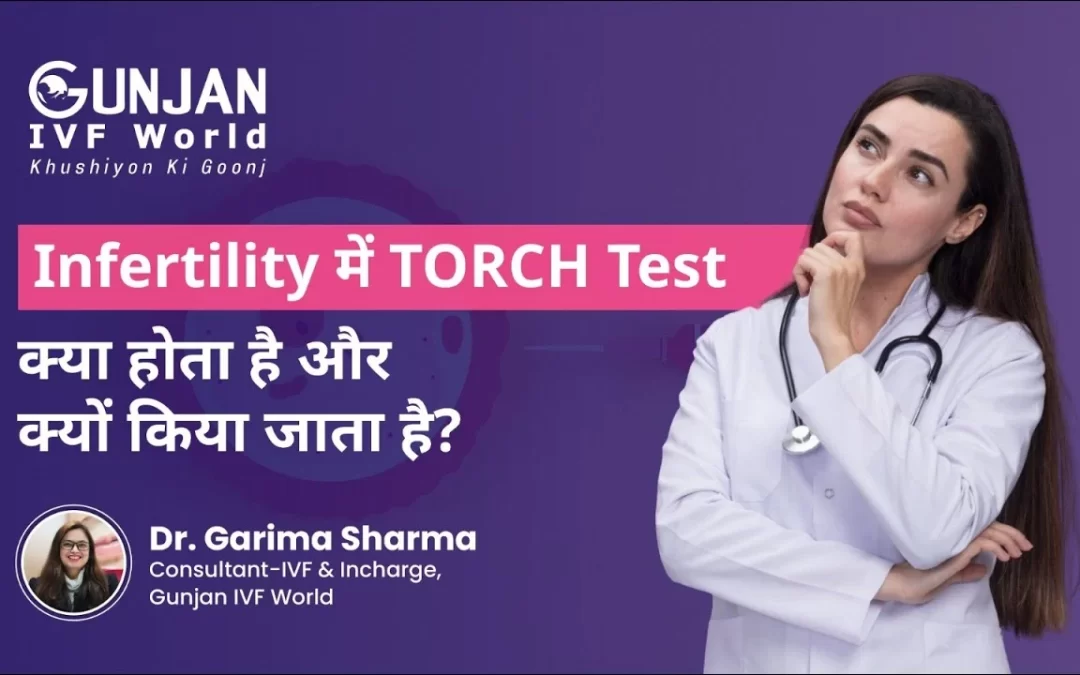
What is TORCH test in infertility and why is it done?
There are numerous tests that are available to infertile couples that are recommended by some doctors, which might help them determine the cause of their infertility. One such test is the TORCH test.
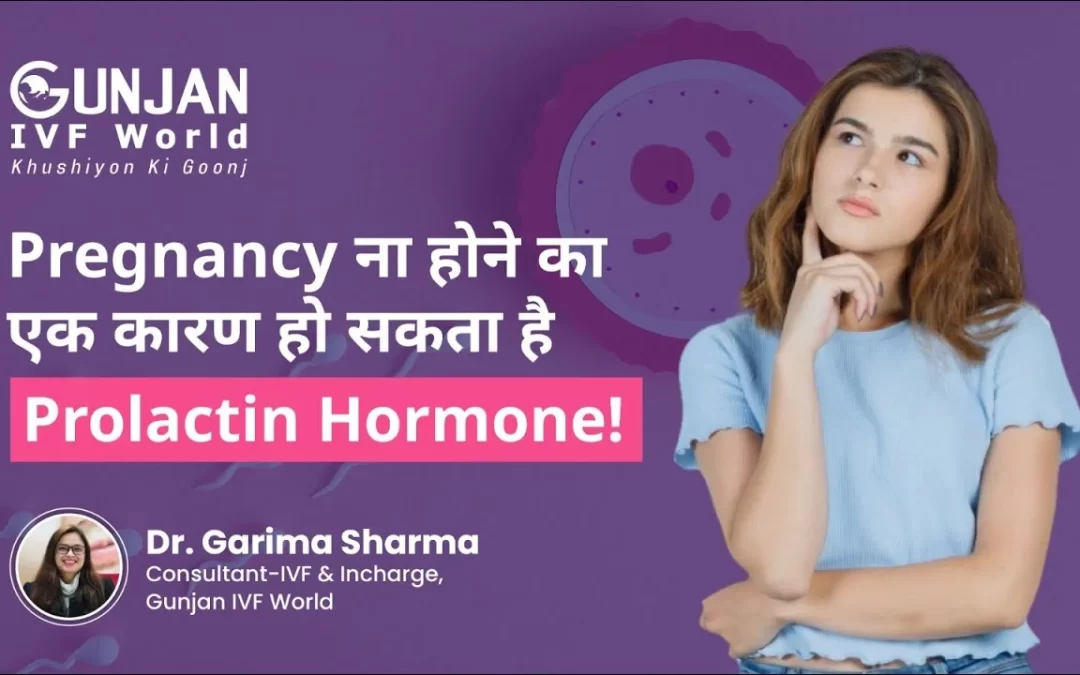
What is Prolactin Hormone?
Prolactin is a hormone produced by the pituitary gland present at the brain’s base. It is best known for its role in lactation, or milk production, in breastfeeding women.However, Prolactin also plays other important roles in both men and women, such as regulating the immune system, stimulating the growth of new blood vessels, and influencing behaviour and reproductive function. In this blog, we will explore what Prolactin is, how it works, and what happens when there are imbalances in prolactin levels.
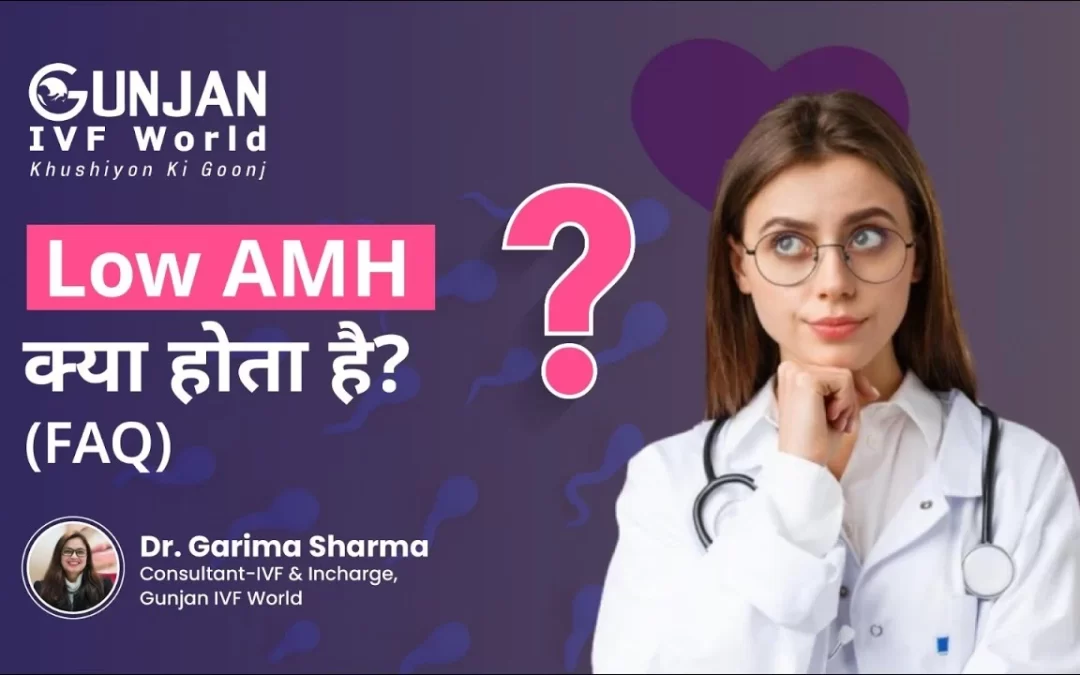
Frequently Asked Questions about Low AMH
Primordial and Preantral follicles produce AMH. So the AMH level indicates the number of eggs or egg reserves you have in your ovary. Putting simply, if your AMH level is low, then the number of eggs in your ovary is less.
Frequently Asked Questions
Does testicular temperature have an impact on male fertility
IVF specialists of the best IVF centre in Ghaziabad – Gunjan IVF World share an informative blog on one of the most ignored factors of male infertility. It is an alarming fact to...
Is male menopause a myth or reality ?
IVF specialists of the best IVF centre in Ghaziabad – Gunjan IVF World debunk the myths about male menopause through this informative blog Menopause as a term is extremely common...
Can smoking cause fertility problems in men?
IVF specialists of the best IVF centre in Ghaziabad – Gunjan IVF World share valuable insights on how smoking leads to infertility in men. Becoming parents is one of the greatest...





